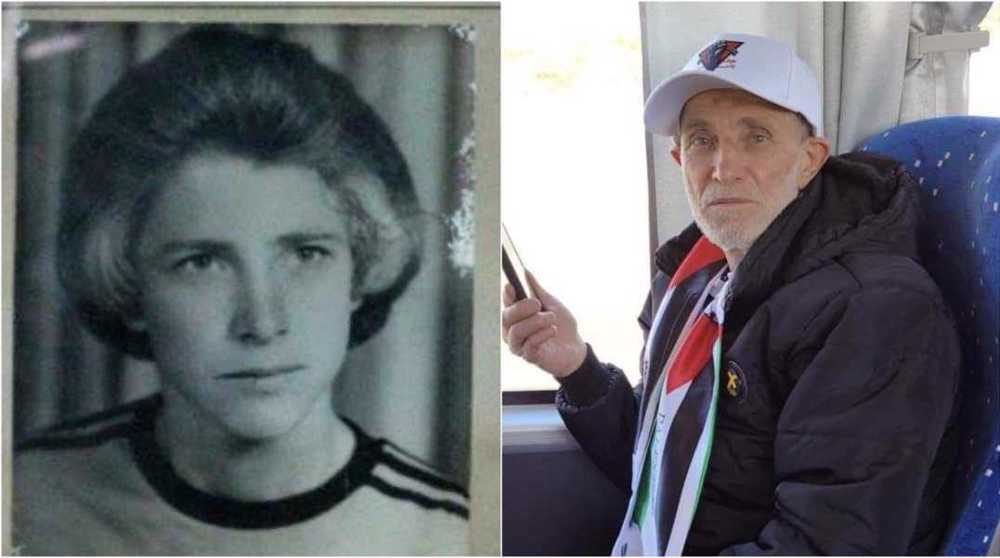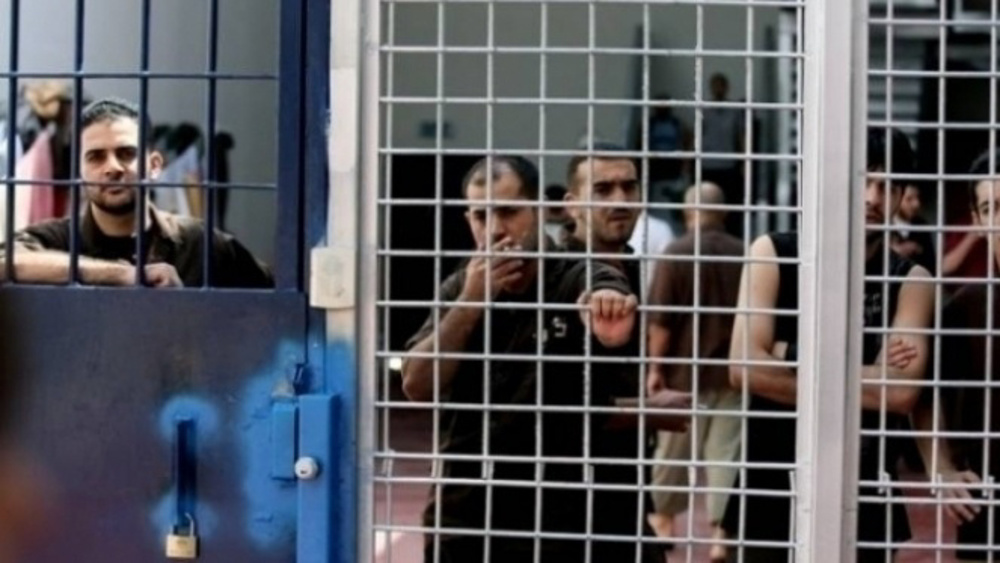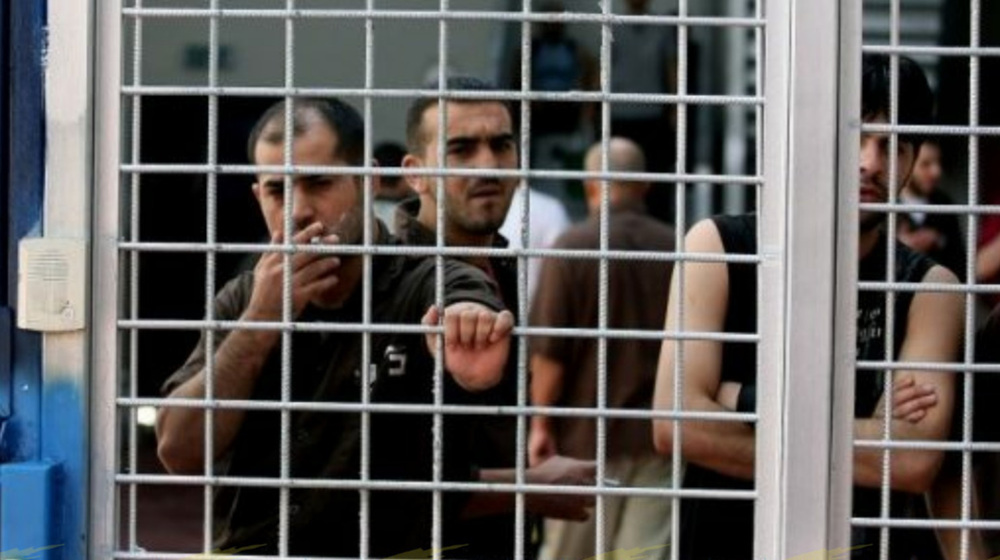Open-ended hunger strike: Palestinian inmates’ last-ditch protest bid
Five Palestinians go on indefinite hunger strike at the Israeli regime’s jails as their last resort to protest their similarly indefinite and unexplained imprisonment at the hands of the regime.
The Palestinian Ma’an news agency reported the development on Thursday, citing the Palestinian Prisoners' Affairs Authority.
“Four of them are languishing at Rimon prison” in the north of the occupied territories, while another is being held at the regime’s prison in the Negev desert, the agency wrote.
The inmates are protesting their “administrative detention.” The Israeli regime has been applying the term to its rampant detainment of Palestinians without providing them with any reason for their arrest or informing them about the likely date of their release.
The prisoners’ body called the method “a violation of human rights, based on which captives are entitled to know about the circumstances surrounding their detention.”
“The occupying regime is, however, against this (letting the prisoners exercise their right),” it added.
The number of the Palestinians, who are suffering in such detention conditions across Israeli jails, currently stands at around 540.
Hunger strike has established itself as one of the most agonizing protest measures that are available to Palestinian prisoners, but one that has, at times, proven effective and raised international outcry over the regime’s inhumane practices.
According to official Palestinian sources, right now, a whopping 4,650 Palestinians are being kept in Israeli jails, 180 of whom are youngsters.
The Palestinian Authority, an organization with limited jurisdiction in the Israeli-occupied Palestinian territory of the West Bank, has constantly failed to take any action to secure their release.
Hamas, a resistance movement, based in the nearby Israeli-blockaded Gaza Strip, has, however, been taking some Israelis captive in order to pressure the regime into freeing the Palestinian inmates.
In 2011, it made the regime let go of more than 1,000 prisoners, including Hamas’ current leader Yahya Sinwar, in exchange for Gilad Shalit, an Israeli trooper, who used to be kept in Gaza for more than five years.

Longest held Palestinian prisoner released by Israel

Israel carried out mass killing of own people under ‘Hannibal Directive’: Military probe

Egypt: Hamas-Israel negotiations on next phase of ceasefire begin
VIDEO | Press TV's news headlines
Longest held Palestinian prisoner released by Israel
Iran condemns Israel’s military threats
VIDEO | Pakistan, Iran strengthen trade ties with $10 billion target
VIDEO | What conditions faced by Palestinian prisoners?
Israel carried out mass killing of own people under ‘Hannibal Directive’: Military probe
VIDEO | Telecommunications down in Gaza due to Israeli curbs delaying repairs
Egypt: Hamas-Israel negotiations on next phase of ceasefire begin









 This makes it easy to access the Press TV website
This makes it easy to access the Press TV website